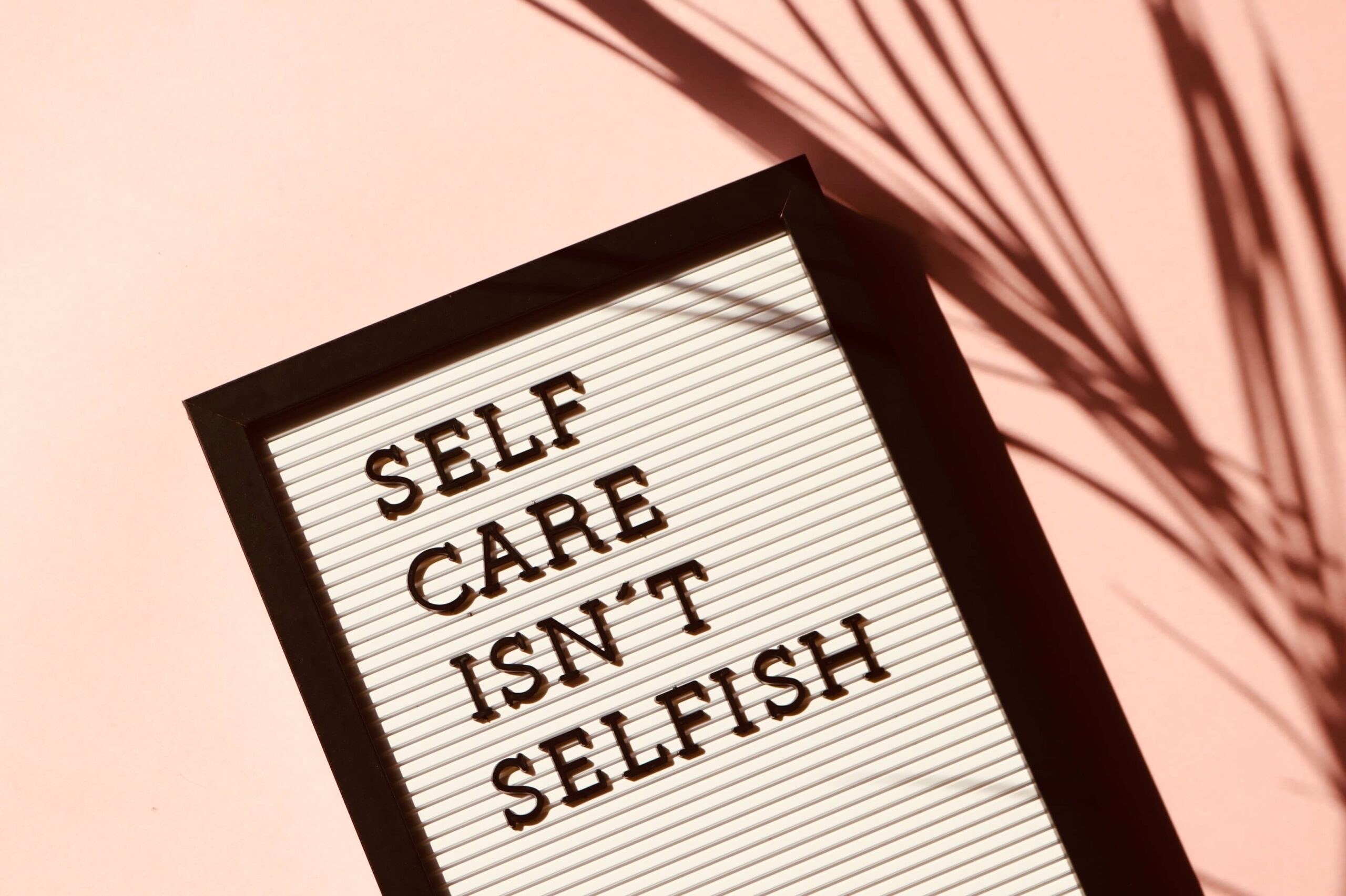Self-Care Tips For Caregivers Who Put Themselves Second
When we think of caregivers, we often think of those who support the elderly, but a caregiver can also refer to someone who cares for their parents, spouses, family members, and friends. Assuming this role often means putting others’ needs before your own and can be both rewarding and incredibly stressful. Caregivers know their work’s impact on their mental and physical health; yet, many don’t prioritize themselves as they would their loved ones. I work with caregivers who are experiencing depression and anxiety and oftentimes, they are not adequately addressing their own well-being due to complex feelings of guilt and shame that may arise when a caregiver does self-care.
However, neglecting your own self-care in favour of their caregiving responsibilities can do more harm than good. I have often encountered situations where caregivers are so exhausted and overburdened that it is difficult to remember important things like appointments or medication requirements, putting both themselves and their loved ones at risk.
6 ways you can prioritize self-care as a caregiver:
Seek informal support
Reach out to family and friends for emotional support and respite. Schedule time with them to stay connected. Family and friends can also provide practical assistance – they can help run errands, alleviating some stress. There is no shame in asking for help. People often tell me that they don’t want to burden others. I would ask, “If roles were reversed, would you feel overburdened, or would you be happy to help a friend or family member in need?”
Seek formal support
Connect with a psychotherapist who specializes in caregiver burden and stress to help process your emotions and navigate the healthcare system. Many community agencies also offer free case management and home care assistance. Check out this link for caregiver resources: https://ontariocaregiver.ca/for-caregivers
Join a caregiver support group
There are many virtual and in-person support groups that will help you process your feelings and emotions with others who are dealing with the same stresses. A support group can help you develop meaningful friendships.
Set realistic and attainable goals
Prioritize and make lists to establish a routine. Set your boundaries. Establish goals that support healthy eating, exercise, and sleep. You can also work on developing the above goals with a psychotherapist.
See your family physician
Ensure you are seeing your own doctor regularly and let them know that you are a caregiver.
Learn calming techniques
Mindfulness or meditation are helpful ways to clear your mind. There are many apps and websites that teach calming skills.
Caregiving is hard work! Being mindful of your needs reduces stress and health issues. Though caregivers may often feel shame and guilt, self-care is necessary to foster a healthy caregiving work-life balance.

